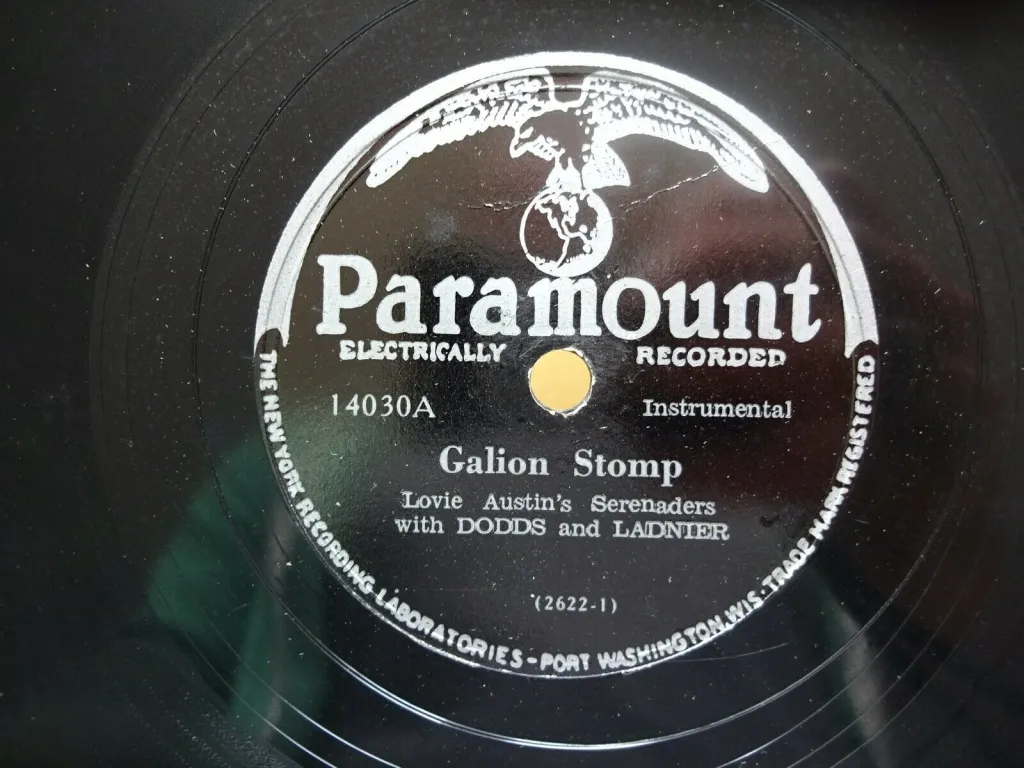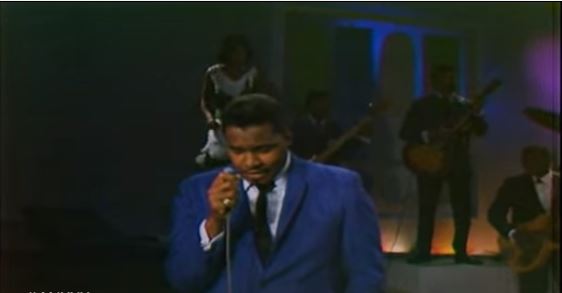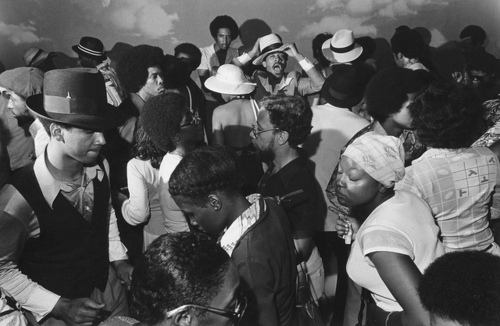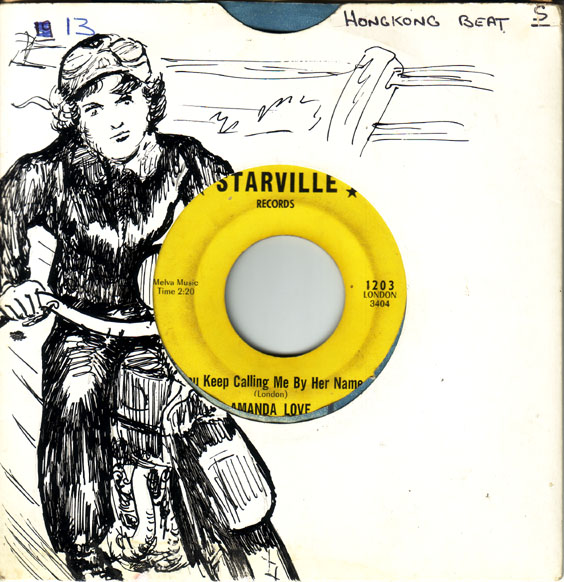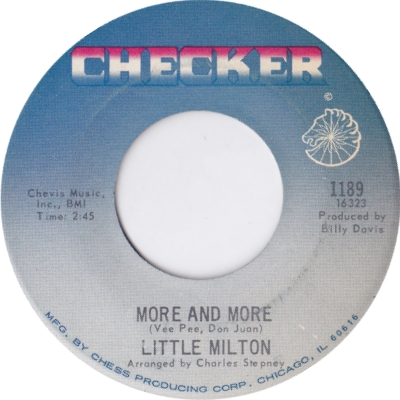Chicago Blues
-
Lovie Austin: Got The World In A Jug
Lovie, like Ma, relished in crafting her presentation. Unlike Ma, she mainly worked in the background, supporting Blues vocalists like Ma Rainey, Alberta Hunter and Ida Cox, while leaving an outsized impression on those who dared to glance beyond the spotlight.
-
Blind Man: Little Milton’s hooked and he can’t let her go.
This is Little Milton. He’s hooked and he can’t let her go. Of this, I am wholly convinced.
-
Michael Abramson: Pulse of the Night.
What goes on at small clubs is ephemeral by nature: society created and dismantled night after night. A delicate hierarchy composed of drifters, dreamers, and those simply longing to escape. In the mid 1970s, a young white student, Michael Abramson, worked his way into the world of largely black South Side Chicago clubs. He brought…
-
Do you Remember how to do the Camel Walk?
Do the Camel Walk! Last week on Reclaimed Soul, host Ayana Contreras played this rare local Chicago Blues/Soul record by Bobby Rush (not the former Black Panther turned Politician) from about 1968. In case you were wondering how to do the then-popular dance, here’s a clip of James Brown asking Sammy Davis, Jr. if he…
-
Reclaimed Soul: Blues + Soul in Chicago, The 4 Brothers Story
Chicago is known worldwide for its electrified Delta Blues. Chicago’s also known for its sweet Soul Music. And during the 1960s, those musical traditions combined at Four Brothers, a tiny record label based at a famous West Side Chicago record shop called Barney’s One-Stop. This podcast features some of the hip, soul-flavored blues from the…
-
Reclaimed Soul Episode 037: Otis Clay’s Truth Is…
On this installment of Reclaimed Soul (my radio show), we’re be graced by Chicago vocalist Otis Clay. We listen to some favorite deep records from his 50+ year career that spans Gospel, Soul, and Blues. We also hear about the father figures in Otis Clay’s career, and about why he decided to start his own…
-
Amanda Love: You Keep Calling Me By Her Name.
(above, 45 sleeve art by Johnny Spencer. for more on him, click here) Not a lot is known about Amanda Love (which is probably an alias). What I do know is that she put out this bluesy number on Mel London’s Starville label about 1967. Mel London was a Chicago songwriter/producer/record label owner who…
-
More and More: Little Milton’s plea for more as the cost of living was skyrocketing.
Whew. That was a long blogpost title, huh? I know. But, let me explain: In late 1967, Chess Records’ Checker subsidiary released this record entitled “More and More” by Little Milton, where the chorus sings and growls: “More and More… all the time!” Ironically, the flip is a meandering soulful blues cut called “The Cost…
